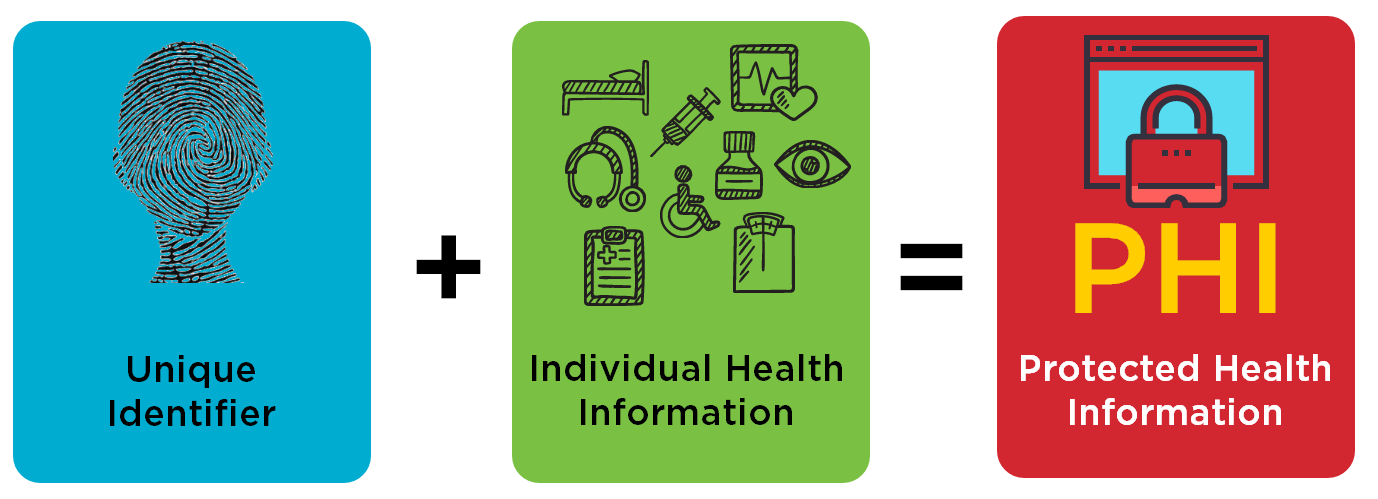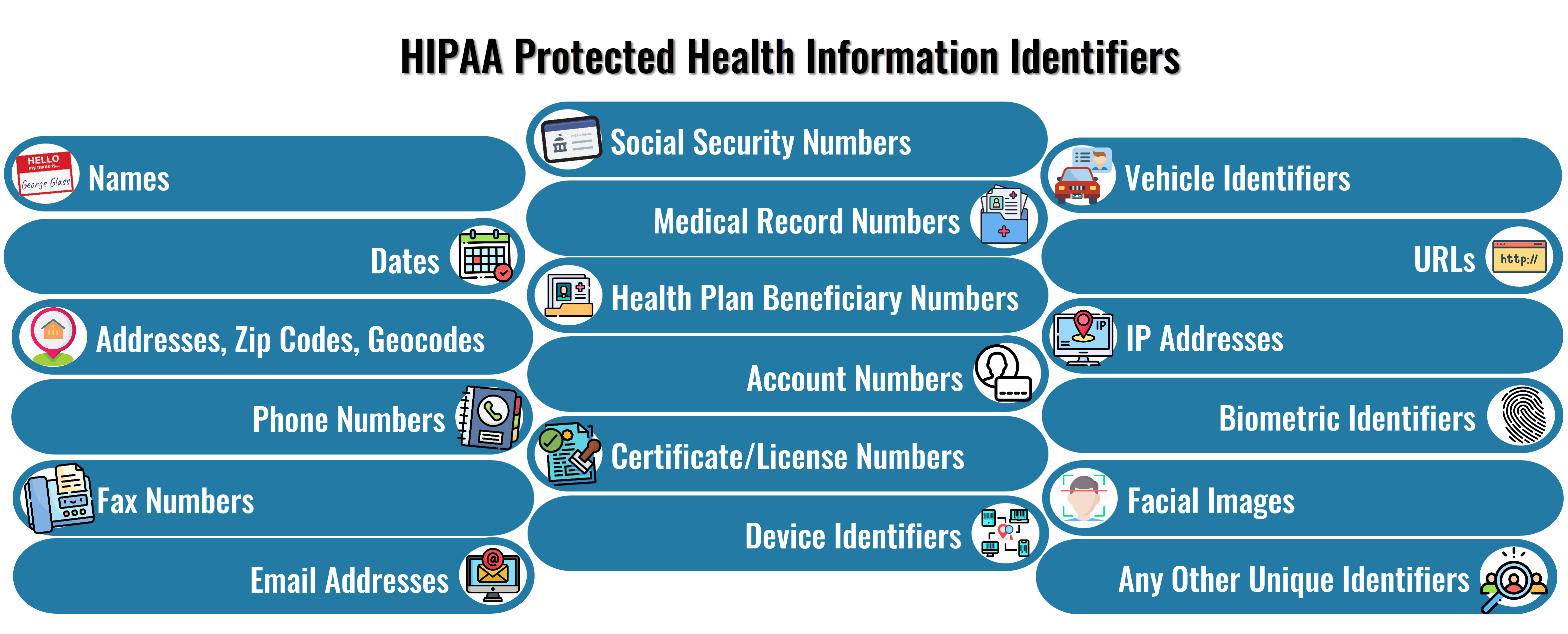What is PHI?
Protected Health Information (PHI) is any personal health information that can identify a person and is used or shared when the person gets medical care. Under HIPAA, PHI is considered to be an individual’s health, treatment, and payment information, and any further information maintained in the same designated record set that could identify the individual or be used with other information in the record set to identify the individual.
While nVoq makes every effort to protect PHI, we recommend that users of any speech recognition technology follow the HIPAA minimum necessary rule, which states, “Protected health information (PHI) should not be used or disclosed when it is not necessary to satisfy a particular purpose or carry out a function.

Not dictating PHI will not only meet these federal requirements under HIPAA, but will also reduce concerns regarding poor accuracy that result from unique name spellings. In most cases if you are dictating into an EHR you have already identified the patient and do not need to dictate PHI.
When it comes to patient or caregiver names we recommend that you dictate "patient" or the relationship of the person to the patient (like son, daughter, mother, or father, etc.) rather than a proper name. Some names will automatically work when you dictate them, but not all of them. If you plan to dictate the names of your colleagues or local providers, please report the ones that do not return correctly to your support team so they can be added to the dictionary.